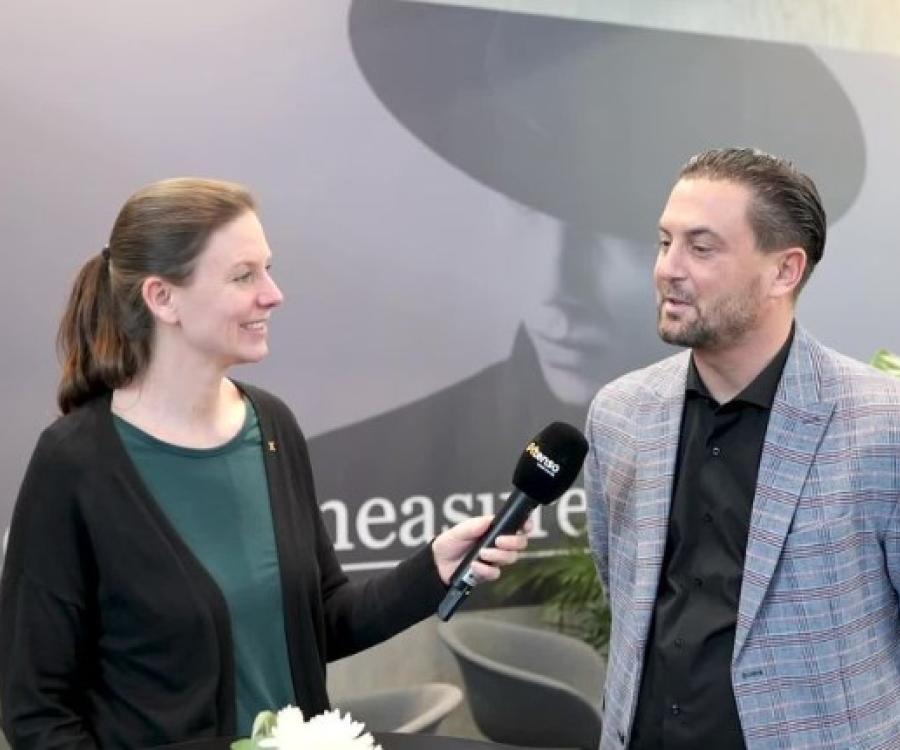
For the chain stores, online retail activities involve a vast effort in terms of logistics, with much to lose, but also much to gain.
A team of mathematicians at the Alpen-Adria-Universität, assembled by optimisation expert Philipp Hungerländer, has succeeded in increasing the efficiency of the delivery routes of a global retail brand in England by more than 10 per cent. As a result, the corporation has reduced its costs by several million Euros per year.
“The aim of this project, which we carried out on behalf of one of the biggest chain stores worldwide, was to identify a stable, fast and transparent optimisation approach in order to calculate efficient delivery routes involving numerous orders, delivery vehicles and depots in real time”, Philipp Hungerländer explains. The project was undertaken in collaboration with the British company Satalia and the participants included a team of six researchers from the Department of Mathematics in Klagenfurt.
The application upon which the study focused continuously processes orders placed online, for which customers can select the desired delivery slot. The newly developed optimisation tool rapidly calculates how the additional orders affect the ideal route and creates adapted delivery schedules. Ultimately, the customers as well as the delivery staff should be satisfied, because: “Good drivers are in high demand. Our results show that a delivery schedule that is as close to ideal as possible also has a positive impact on their satisfaction.”
The calculation of routes and time slots has to give due consideration to a great number of factors in terms of delivery efficiency, such as the length of time needed to hand the purchased goods over to the customer, or the number of floors to be climbed in buildings without an elevator. Journey times also depend on other parameters, for instance the day of the week, the time of the day, the weather, and many more. “We endeavoured to improve the precision of the input data for our optimisation methods by deploying “machine learning” techniques from the field of artificial intelligence”, Hungerländer reveals.
Overall, the team was able to increase the efficiency of the delivery routes of the international retail chain in England by more than 10 per cent, reducing annual costs by several million Euros and lowering CO2 emissions correspondingly. The system is currently being rolled out across the whole of England, and will subsequently be put to global use.
Philipp Hungerländer, who held a position as visiting researcher at the Massachusetts Institute of Technology (MIT) in Boston over the past 18 months, has now returned to the Alpen-Adria-Universität in Klagenfurt. In an upcoming project, he and his team will be addressing the issue of optimising the personnel planning of one of the world’s leading auditing firms. However, he also sees optimisation potential for local markets, which could be usefully exploited for the benefit of customers and retail brands.






